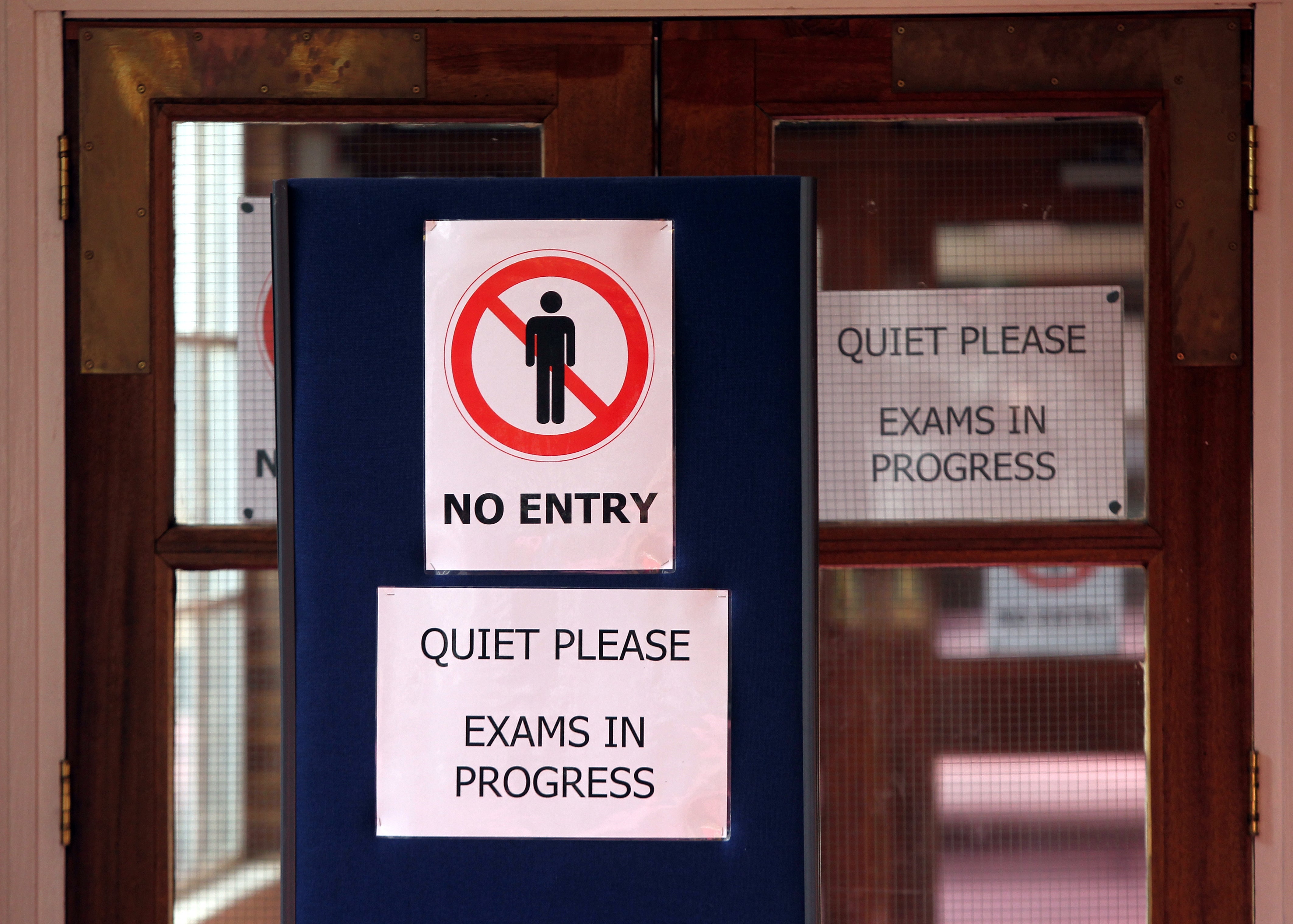
Exams regulator Ofqual has announced that exams will return to normal for the 2022/23 academic year, with no adjustments for pupils to accommodate the impact of the pandemic.
For the 2022 cohort, the Department for Education said that there should be a choice of topics in GCSE English literature, history and ancient history and a choice of content in GCSE geography but, for 2023, the DfE has confirmed “the return to full subject content coverage for those GCSE subjects”.
Adjustments to coursework, science practicals and fieldwork in place for this year will also no longer apply.
Ofqual said that it would “continue to monitor” the impact of the pandemic and that it would evaluate the mitigations used to help pupils this year, such as formulae sheets and advance information about exam paper topics for revision, before it finalised plans for 2023.
“Our intention is to return to the carefully designed and well-established pre-pandemic assessment arrangements as quickly as possible, given they are the best and fairest way of assessing what students know and can do,” the regulator said.
It added that it would consider its approach to grading in 2023 “in light of outcomes in 2022”.

The 2022 grades will on average fall between grading standards from 2019 before the pandemic and those in 2021, when teacher-assessed grades were awarded following the cancellation of public exams.
Ofqual also said it would look at the exam timetable for 2023 in light of what happens in 2022 to see if the spacing of 10 days between GCSE and A level papers, to account for pupils who have tested positive not having to miss both papers, should be kept in 2023.
Geoff Barton, general secretary of the Association of School and College Leaders, said that the announcement allowed schools to plan teaching for next year, but added that he was “concerned” about the decision to remove choices of topics and content in some GCSE subjects in 2023, which would mitigate the disruption caused by Covid to pupils’ learning.
“The students who will take their GCSEs next year have been heavily impacted by the pandemic and it is likely that Covid will continue to cause periods of absence between now and summer 2023,” he said.
“It would surely have made more sense to keep this mitigation in place,” he added.
Kevin Courtney, joint general secretary of the NEU teaching union, said that the decision to scrap mitigations for 2023 was “unsurprising” given the Government’s “overall policy of ‘living with Covid'”.
He said that the fact the decision had been announced in advance of the 2022 academic year, “unlike for the past three summers”, would give teachers “some certainty”.
But he added that pupils sitting exams in summer 2023 were not “unaffected by the pandemic”.
“It is right that the Department for Education and Ofqual have not ruled out the options of implementing other mitigations later in the year, but it is again disappointing that advanced information about exam topics is only seen as a revision tool,” he said.
“If pandemic disruption is such that it impacts on teaching and learning time, as was the case this year, then advanced information only in time for revision and not to help with the lost teaching and learning, is far less useful.”






